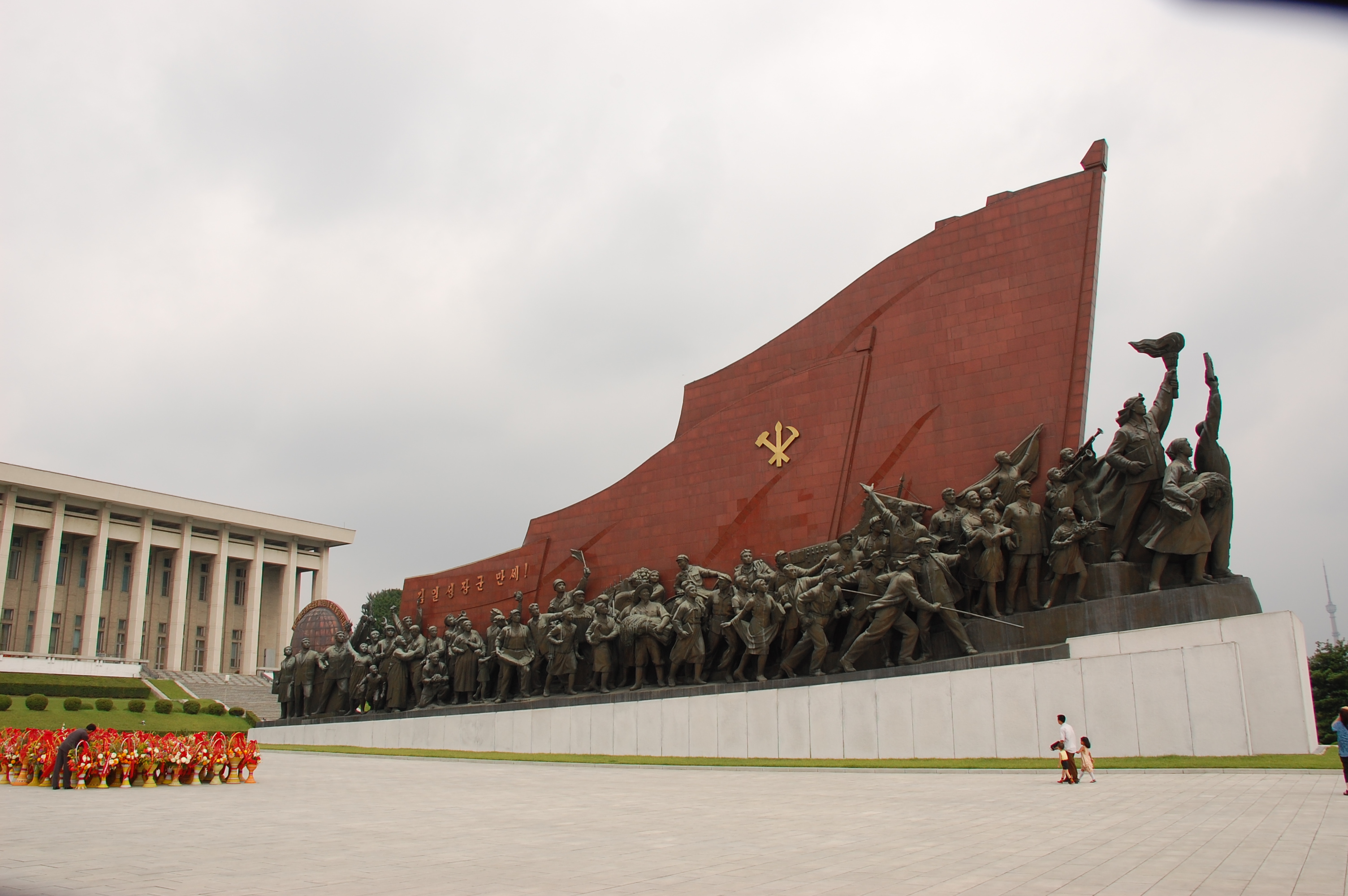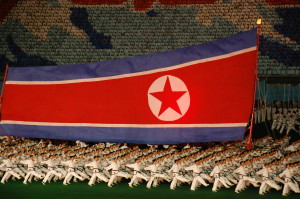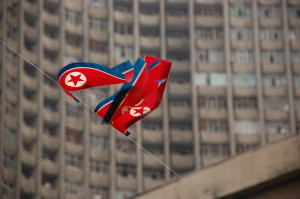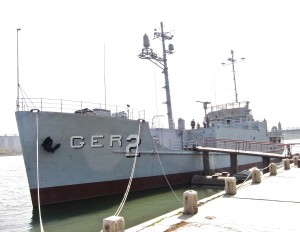Counting on China: The World Faces North Korea’s Renewed Instability
 A monument in Pyongyang, North Korea https://flic.kr/p/2yKv49
A monument in Pyongyang, North Korea https://flic.kr/p/2yKv49
North Korea tends to cycle in and out of the news, making headlines with a missile test or absurd proclamation before retreating into its role as the world’s pariah. This week, the country’s mercurial leader, Kim Jung Un, stayed in the news after a trifecta of events once again highlighted his despotism. Hopefully, the world’s leaders will be able to use the country’s current prominence to form a more united front on the issue as North Korea continues down a path of instability.

On February 11th, Kim launched a missile. It landed somewhere in the Sea of Japan and, as usual, he declared it a rousing success. The test launch serves as both a worrying reminder of the North’s efforts to develop a mid-range missile, and as an opening provocation for Donald Trump after he started his presidency with a hardline position on the matter. Trump and Prime Minister of Japan Shinzo Abe held a hastily arranged press conference after receiving the news at Trump’s Mar-a-Lago resort. Other world leaders and the UN Security Council roundly derided the launch, but such remarks rarely prompt reaction for North Korea. While the launch is an important development, it was soon eclipsed by more dramatic North Korean antics.
A new installment in Kim’s history of assassinating perceived enemies unfolded as Kim Jong Un’s half brother, Kim Jong Nam, died on the way to the hospital after being sprayed with a strange liquid in the Kuala Lumpur airport. The target of the assassination was once the favourite to ascend the throne after his father’s death. His fall from grace occurred in the years after he was caught using forged Dominican travel documents to travel to Japan’s Disney Land in 2001. According to South Korean spies, Kim Jong Un issued a “standing order” to have his half brother assassinated around five years ago. The incident has the potential to weaken North Korea’s relatively strong ties with Malaysia, the only country from which citizens can travel to North Korea without a visa. Malaysian police have arrested at least four people in connection with the murder, and denied North Korea’s request to have the body returned immediately.

One substantive development from the assassination could be weakened economic ties with Malaysia, one of the few countries that accepts North Korea’s exports. This may become especially important because China decided to comply with UN Security Council sanctions by suspending all coal imports from North Korea. The South Korean government estimates that coal accounts for 34 to 40 percent of North Korea’s exports, and before February 18th almost all of it went to China. Effectively, one billion dollars of North Korea’s $17 billion GDP just disappeared. China has been careful to consider humanitarian conditions in North Korea in its compliance with past sanctions, often citing famine and dismal economic conditions as reasons for continuing trade. China’s willingness to impose sanctions could signal further deterioration of an already strained relationship. This sudden burst of action has once again focused the world’s attention on North Korea. Hopefully, world leaders won’t waste it.

https://flic.kr/p/84xJy5
Unfortunately, the sanctions-and-wait strategy pursued for decades by the U.S and its allies has yielded few results. North Korea has not been deterred from pursuing nuclear weapons, nor been coaxed back into the international community by the promise of aid and trading partners. The North Korean government has proved indifferent to the suffering of its populace, and is thusly unlikely to respond to further economic punishment. The administration is resistant to any kind of reform, and Kim Jong Nam’s exile was partially because of his Swiss education that left him open to different ways of running the country. Clearly, the west cannot threaten or entice North Korea enough to change its course. The only way to prevent North Korea from achieving full nuclear capabilities is to make preventing it worth China’s while. The new US Defense Secretary Jim Mattis attempted to assure Seoul of continuing US support on his first visit to South Korea and offered to install a Terminal High-Altitude Area Defense (THAAD) system to defend against potential aggression from the North. While South Korea welcomes the extra protection, China is strongly opposed to the installation.
For China, the presence of an extra American defense system in the region greatly increases American presence while doing little to protect South Korea. Seeing as China is the only country that retains influence over North Korea, the United States must carefully negotiate any additional security measures to retain the help of the Chinese. A bi-partisan task force report released early in February urged closer cooperation with the Chinese precisely for a situation such as North Korea’s recent behaviour. Chinese cooperation is critical, and should it cease the U.S. could be forced to investigate more assertive military action with Japan and South Korea. This would likely prompt an escalation on the parts of all parties. If any progress toward a safe and productive northeast Asia is to be made, the U.S., China, South Korea, and Japan must find room to cooperate.
